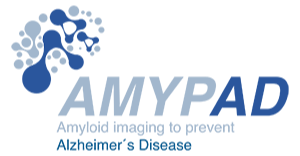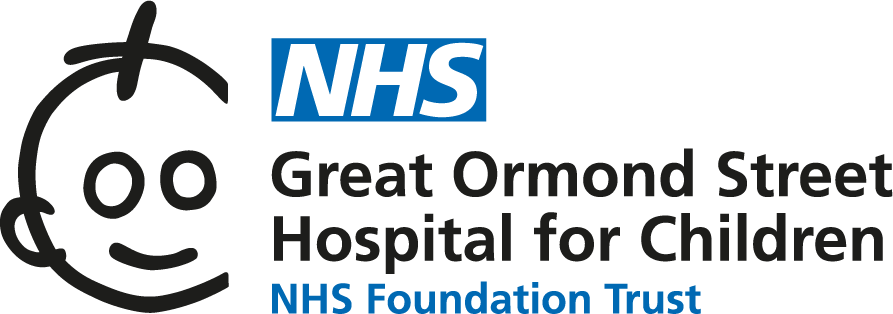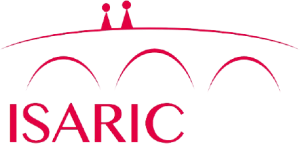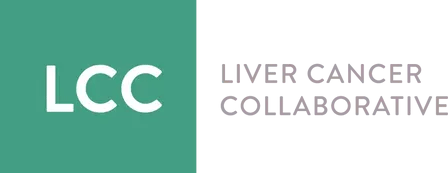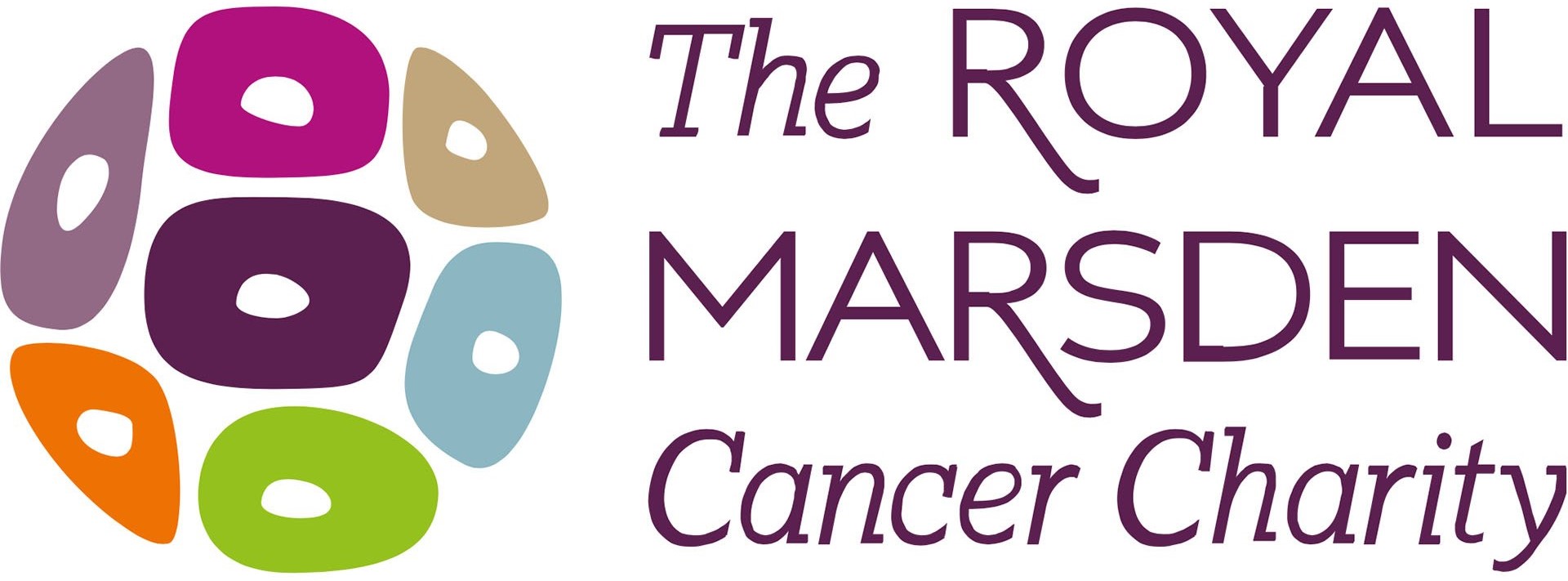Trusted by healthcare industry leaders
Global Networks
The Aridhia enterprise scale Trusted Research Environment is used by global research networks to securely and collaboratively improve patient outcomes through groundbreaking research projects.
Worldwide open-data collaboration to bring an end to Alzheimer’s and other dementias
The Alzheimer’s Disease Data Initiative (ADDI), led by Gates Ventures and a consortium of partners, is dedicated to fundamentally transforming Alzheimer’s disease research, accelerating progress towards new treatments and cures for Alzheimer’s disease and related dementias.
Aridhia provides the foundation of the AD Workbench; a global platform enabling access to a variety of interoperable datasets through federated data sharing, as well as analytical workspaces. It is guided by three principles: increased data sharing, easing data access, and developing new tools and analytics for researchers to use and share.
“ADDI’s partnership with Aridhia has been integral to our mission, facilitating data sharing and collaboration for research to power the end of Alzheimer’s disease and related dementias.”
Tetsuyuki Maruyama
Executive Director, Alzheimer’s Disease Data
Initiative
Read more on our partnership with ADDI here.
A globally coordinated, health data-led research response to tackle the covid-19 pandemic
The International COVID-19 Data Alliance (ICODA) exists to empower researchers to access health data from around the world, to address key research questions to tackle COVID-19.
At its heart is the “ICODA Workbench” – a new data platform provided by Aridhia that allows researchers to discover, access and analyse global multi-dimensional COVID-19 datasets while respecting confidentiality and privacy. The Workbench brings together a combination of tools and processes and can connect to regional or national data infrastructures used by ICODA members to explore a range of pharmaceutical, epidemiology, and COVID-19 related patient outcomes. The platform consolidates data and metadata from federated repositories to allow teams to work collectively on a focused research question. Data access and use is subject to rigorous data governance processes, based on the 5 Safes framework.
For researchers, ICODA and the Workbench offer a unique combination of features – direct, controlled and federated access to curated datasets and to the most advanced analytical tools. All of these are being developed and tested using “Driver Projects” – exemplar studies where ICODA is working in close partnership with data contributors and the research community to enable research into the questions they care about.
“Aridhia is privileged to be providing the Workbench technology and managed services for the International COVID-19 Data Research Alliance. We look forward to supporting scientists and data scientists around the world achieve insight into the many questions arising from the pandemic by providing safe and secure environments for trusted data sharing and collaborative analysis.”
David Sibbald
CEO Of Aridhia
Responding To Epidemic Infections On Both A Global And Local Scale
ISARIC’s (International Severe Acute Respiratory and emerging Infection Consortium) purpose is to prevent illness and deaths from infectious diseases outbreaks.
ISARIC represents 52 consented networks which includes The University of La Sabana in Colombia who, as part of the ICODA Grand challenges, has been developing a standardised strategy for researchers to better utilise the ISARIC-COVID-19 dataset, which consists of over 520,000 hospitalised patients from more than 62 countries.
The ISARIC workbench provides a collaborative platform through which global, patient‐oriented clinical studies can be developed, executed, and shared. ISARIC and the La Sabana team utilise this valuable platform to study the varied standards-of-care around the world to elucidate the geographic and time-based variability of the disease. Maximising the availability of clinical information, and thereby saving lives.
“Rapid research response is critical to emerging health threats. The Aridhia platform enabled the international collaboration at the heart of ISARIC’s COVID-19 response by providing secure data access to researchers across the globe, while protecting patient privacy.”
Laura Merson
Isaric Head Of Data, University Of Oxford
A Collaborative Platform To Speed Up The Discovery Of New Biomarkers For Neurodegenerative Diseases
EPND will engage with neurodegenerative cohorts across Europe to provide them a platform for discoverability, collaboration, and new studies, starting with pathfinder use-case projects. This will allow associated sites to operate as a collaborative community.
This platform will provide discovery services, support data and sample management/storage, facilitate data analysis, and underpin the execution of case studies and external use of materials and data based on the AD Workbench (ADWB). This is being built as the EU node of the ADWB, enhancing features and capabilities to enable discovery, sharing, and use of high-quality data and samples from over 120,000 participants.
Battling Rare Diseases And Growing Cross-research Relationships In A Trusted Research Environment
The Rare Disease Cures Accelerator-Data and Analytics Platform (RDCA-DAP®) is an FDA-funded initiative, launched in September 2019 as a collaborative project between the Critical Path Institute (C-Path) and the National Organization for Rare Disorders (NORD).
The platform provides a centralised and standardised infrastructure to support and accelerate disease characterisation, with the goal of accelerating therapy development across rare diseases. Using the Aridhia DRE, RDCA-DAP is designed to standardise and integrate patient-level rare disease data from clinical trials, observational studies, real-world data, patient registries and other sources to promote the accessibility and analysis of those data.
“There is a lot of enthusiasm for seeing this platform become all it can be for patients and drug developers. It is not just about the data. This is a place to generate solutions in a highly collaborative way.”
Jeff Barrett P.H.D, F.C.P
C-path Senior Vice President And
Rdca-dap Lead
Improving The Understanding, Diagnosis And Management Of Alzheimer’s Disease Through The Utilisation Of SS-amyloid Pet Imaging
AMYPAD is a collaborative research initiative with two clinical studies aiming to improve the understanding, diagnosis and management of Alzheimer’s disease through the utilisation of ß-amyloid PET imaging. Especially in their study in cognitively healthy individuals, this knowledge would ideally lead to a deeper understanding of the pre-symptomatic stage of the disease, and would aid in the selection of participants for preventive and treatment trials.
Aridhia is contributing by unifying electronic data capture processes from multiple trial cohorts that feed into the AMYPAD project, as well as providing data science expertise and workspaces for the curation and analysis of the final harmonised data.
“The Prognostic Study in AMYPAD aims to determine the role of amyloid PET imaging in Alzheimer’s disease prevention across multiple ongoing cohort studies, creating a large-scale but heterogeneous data-set for analysis. Fortunately, the challenges of data integration, harmonisation and access are now successfully addressed due to the great support of Aridhia’s services and products, which will enable scientists to directly analyze data from multiple sources jointly.”
Isadora Lopes Alves
Project Manager

Enabling The World’s Largest Alzheimer’s Disease Research Collaboration To Tackle Alzheimer’s Dementia
The EPAD, or European Prevention of Alzheimer’s Dementia collaboration, is a €64m Innovative Medicines Initiative funded project involving 38 EU partners.
The aim is to define an accurate set of criteria for identifying Alzheimer’s pathology early in the course of the disease in people with no or minimal associated symptoms, and to develop a research platform that efficiently enables the undertaking of adaptive, multi-arm proof of concept studies for early and accurate decisions on the ongoing development of novel interventions for disease prevention.
Workspaces underpins the project’s multi-centre longitudinal cohort study to improve the understanding of the disease’s early stages and progression, including identification of cohorts of patients at risk and the extraction and visualisation of longitudinal data.
“This project is based on collaborative relationships… We aren’t just asking for their data, we’re asking for their people.”
Prof. Craig Ritchie
Epad Project Co-ordinator
Working Together To Beat Primary Liver Cancer
The Liver Cancer Collaborative (LCC) is a multidisciplinary collaboration between clinicians, researchers and data experts, and their trusted research platform aims to accelerate new treatment innovations by bridging the gap between researchers and a clinician-led, liver cancer biorepository.
Containing detailed patient information, this repository is further enriched by the inclusion of genomic, clinical, and imaging information, and the Aridhia DRE enables the discovery and request of these data in an efficient, cloud-based ecosystem.
Users can query patient-level records and integrate them with existing research data. Research teams are using the world’s most comprehensive, all-stage liver cancer dataset to drive the advancement of new precision medicine therapies.
Research Hospitals
Powering Research And Innovation At Great Ormond Street Hospital NHS Foundation Trust
In 2017, Great Ormond Street Hospital NHS Foundation Trust selected Aridhia to deliver their new research and innovation platform as part of a far-reaching transformation programme.
Workspaces has since been rolled out across the Trust and was integrated with its electronic patient record system to increase the availability of data for research and accelerate and incorporate research into every patient’s care.
The DRE is also used as a trusted research environment in the hospital’s cutting-edge Digital Research, Informatics and Virtual Environments (DRIVE) Unit to develop data-led health solutions and services across the NHS.
“The Aridhia research and innovation platform will transform the way in which we manage our research projects, providing a rich source of data that will underpin pioneering research of national and international significance.”
Neil Sebire
Great Ormond Street Hospital Chief Research
Information Officer And Managing Director Of DRIVE
Read the Great Ormond Street Hospital research and innovation platform announcement.
Cancer Research Centre Of Excellence, Improving Clinical Research Outcomes For Better Patient Results
BRIDgE (Biomedical Research Informatics Digital Environment) is described as a Trusted Research Environment (TRE) and informatics platform at The Royal Marsden and The Institute of Cancer Research.
Underpinned by the Aridhia DRE the aim of the platform is to transform clinical practice and improve outcomes for patients by enabling data analytics and AI development using real-world cancer data within secure, collaborative, cloud-based workspaces. De-identified data can be accessed from the hospital’s electronic patient record system as well as genomic, imaging and lab test results.
Learn more about BRIDgE.
Pharma
Aridhia are engaged with a number of pharmaceutical and biotech companies. Their contributions to the work we do with international collaboration customers (working collaboratively with them on proof-of-concepts, hackathons, and other biomedical research projects) are helping drive forward the development of the DRE and leading to more positive research outcomes.
Applications to Regulatory Authorities for New Drug Approvals are one of the most critical aspects on the journey to bring a new therapy to market.
We’ve worked with Takeda to create a more open and collaborative approach for data exchange between a Sponsor and a Regulator.
Workspaces are established into a network where data, code, results are made available to different members (Sponsors and Regulators) to evaluate efficacy of submissions. Engagement across the Workspace network is fully audited and reproducible. We’re looking to remove friction from a submission process while at the same time optimising transparency and reproducibility.
The NeuroToolKit (NTK) Data Hackathon (sponsored by ADDI) is an online global event that brings together clinicians, researchers, data scientists and biostatisticians to investigate the potential clinical utility of different biomarkers in Alzheimer’s Dementia. Data from the European Prevention of Alzheimer’s Dementia (EPAD) project will be utilised for this.
The NTK is a suite of standardised data curation and analysis applications developed by Roche Diagnostics. Aridhia are sponsoring the Hackathon by providing access to DRE workspaces and support services. 50 research projects will take part and will be provisioned workspaces containing the NTK and associated data.


